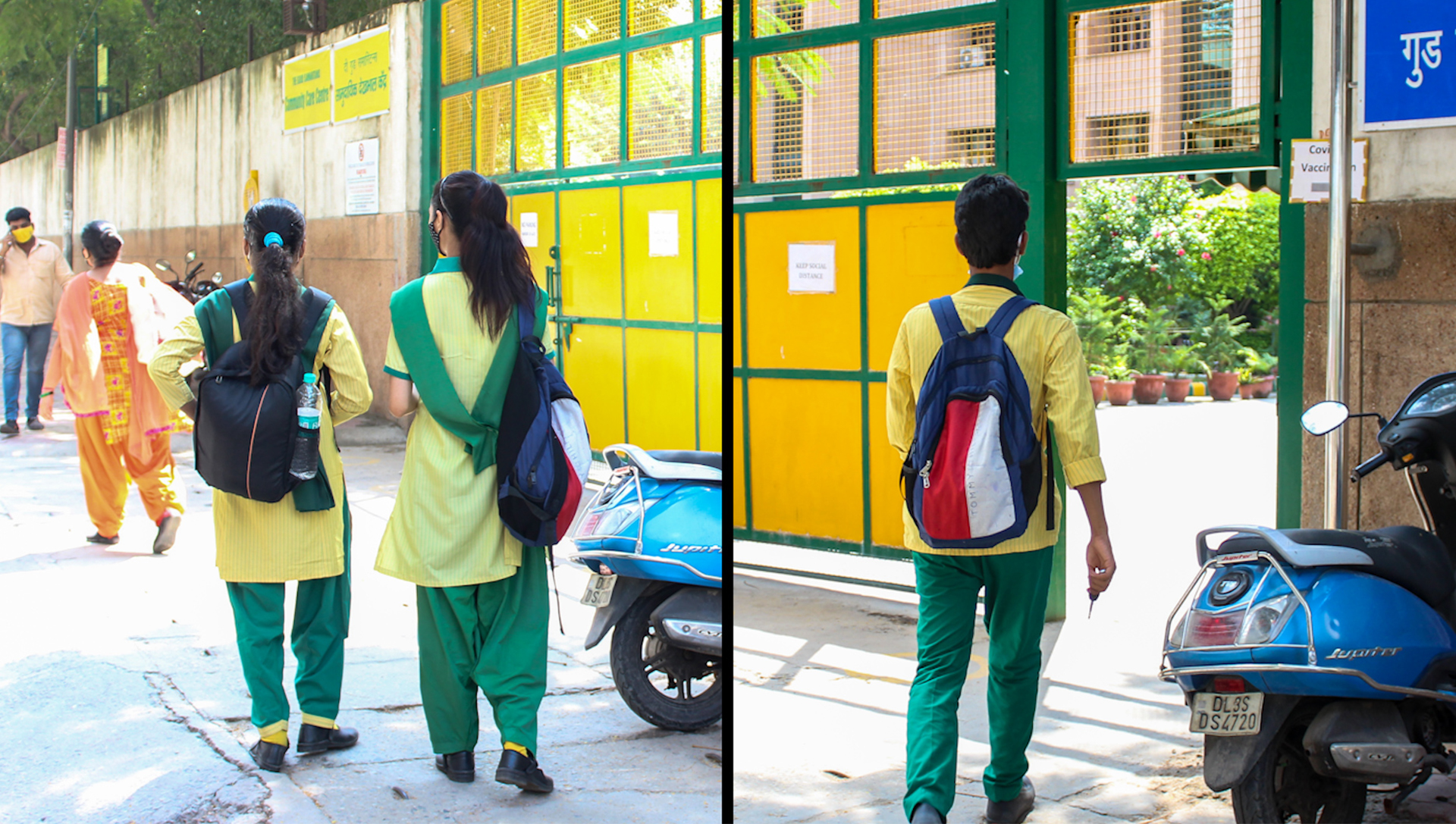NEW DELHI: Indian family’s desire for sons over daughters, ostensibly to carry on the family lineage, remains strong even in this age. While various government efforts, including the central government’s Beti Bachao, Beti Padhao, have helped spread awareness about the girl child, the age-old habits refuse to die soon.
The recently published data from the fifth round of the National Family Health Survey (NFHS-5) shows that Indian men still prefer sons over daughters.
The pan India indicator under ‘who wants more sons than daughters’ shows that 16 per cent of men prefer sons over daughters while 15.4 per cent of women prefer daughters.
However, there is a silver lining as around 4.1 per cent of men ‘want more daughters than sons’. The percentage might appear small but the signs looked positive as only 3.4 per cent of women, who mostly bear the brunt of the family for giving birth to a girl-child, preferred daughters.
While the general perception is that the desire to have sons is a dominant factor in the Hindi-speaking belt, surprisingly, it was Christianity-dominated Mizoram and Buddhist-dominated Ladakh which topped the chart of men preferring more sons than daughters with 37.3% and 33.1 % men preferring sons.
In both these places, only 8.6 % and 6.8% of men preferred more daughters than sons.
Among the states which shows less love for daughters by both men and women are Punjab & Rajasthan. Only 1.9 % and 1.7 % females want daughters whereas 1.9 % and 2.1 % of men prefer a girl child Punjab and Rajasthan.
Among all states, its Bihar where mothers across India want more sons at 31.3 %. Only 1.9 % females want daughters. Similarly, more than 22 % Bihar fathers want sons while 2.8 % men want daughters.
Muslim-dominated Jammu and Kashmir is second on the list with 24.8 % of men preferring sons over daughters. Only 7% of men in J&K want daughters.
The key central Indian states of Chhattisgarh and Madhya Pradesh also followed the same pattern with men and women both preferring sons over daughters.
Leading psychiatrists of India are not shocked by the trends but are concerned on how to buck the trend unless rituals of Indian society across all religions are changed.
“This is a deep rooted Indian psyche. The entire history speaks of patriarchy. A couple who has four daughters still wants a son again because they want their legacy to be carried further. The families where daughter are leading even they want son. Property issue also dominates minds. Also their are several societal issues such as ‘pind daan’ which is a ritual being performed mostly by men. Why there are hardly any female priests? This desire for male child is seen in every strata of the society and as societal thinking trends it’s always poor following the rich. Indian wanting more sons is an Indian psyche,” Dr Om Prakash, Professor Psychiatrist, Institute of Human Behaviour & Allied Science (IHBAS), New Delhi told The New Indian.
Dr. Sandeep Govil Senior Consultant – Psychiatry, Max Super Speciality Hospital, quipped “This perspective brings forth India’s double standard approach toward gender bias and its insecurities. Although we worship goddess for wealth, wisdom and power However the society is still accept it in their own households. However we are currently in a transit and the scenario is rapidly altering. This discrepancy will change but with efforts.”
Interestingly, the matrilineal society of Meghalaya has a big role to play as women want more daughters than sons. Meghalaya also tops the chart among all states where men, at 11.6 %, prefer daughter, as compared to the rest in the country. It also tops the chart where women, at 21.2 %, want more daughters.
The people in northeastern states, the survey reveals, showed little difference when it comes to their preferences.
The data also showed that preference for sons, over daughters, bridges over class and status divide in the society. It also reinforced the general notion that sons are still considered the primary earning member of the family even though women are taking big strides in professional lives.
The present trend follows the similar footprints of the last NFHS 4 report in 2015-16. The report also showed that 18.7 per cent of men preferred more sons whereas only 3.5 per cent wanted a daughter.










